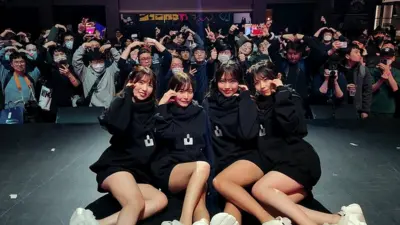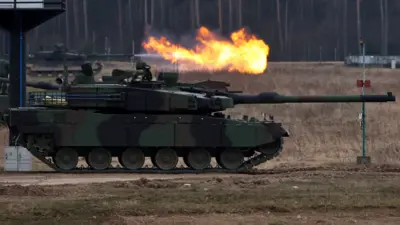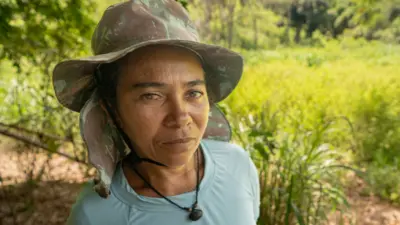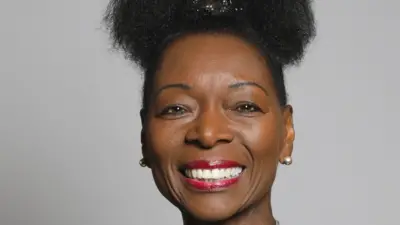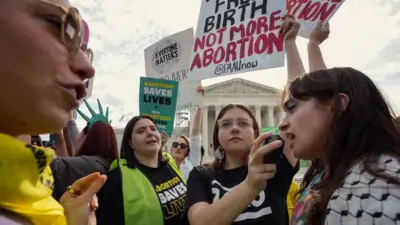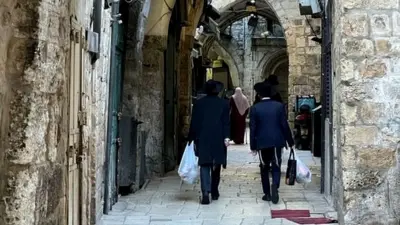We've updated our Privacy and Cookies Policy
We've made some important changes to our Privacy and Cookies Policy and we want you to know what this means for you and your data.
Black Lives Matter: Swansea activist's trust 'destroyed by police approach'
Image source, Lowri Davies
A Black Lives Matter activist said her trust was "destroyed" when police tried to recruit her as an informant.
Swansea University law student Lowri Davies said she was called in March by a covert officer.
The anti-racism campaigner said she was confused to be asked to give details of far-right activists protesting at Black Lives Matter demonstrations.
South Wales Police said a complaint referring to contact made by a covert officer was being considered.
Ms Davies received the call from the woman "out of the blue" on a Tuesday morning.
"She says that she is a covert police officer and she works for informants, usually with drugs and burglary and, in my case, the protests," she said.
"And she said that she was interested in other groups turning up and causing chaos in our protests and being not from our movement.
"But to be honest, I knew that this was a ruse, because what would I know about other groups... I've got no information on that - I'm a part of Black Lives Matters Swansea - the alt-right is not something that I'm very aware of."
Image source, Tom Rokita
Ms Davies said a meeting was arranged with the woman and a superior officer the following day.
She added: "I was absolutely terrified, I can't really explain how terrified I was, I was so terrified that I just went completely numb."
Ms Davies spent 90 minutes with the officers and was asked about her family, BLM and the alt-right. She said she did not respond to follow-up phone calls.
Image source, Lowri Davies
She said the experience made her question herself, and she now had a "vetting process" in her head when new people came into her life.
She said she had a good working relationship with police on protests, but added: "For them to turn around and almost 'good cop, bad cop' me really destroyed what I thought was going on."
She said she was surprised police would want to infiltrate her group.
"It really hits home when it's in the UK, and especially in Swansea. We're a small non-violent group... it was really, really confusing, scary and baffling," Ms Davies added.
Image source, Lowri Davies
Tim Brain, a former chief constable of the Gloucestershire force who now writes on police matters, said use of informants was now a "highly regulated field".
"They have to be recruited under a very strict regime where there is an authorising officer, a handler and a controller so there's a lot of oversight about the recruitment and the way an informant - or as they're now properly called, a covert human intelligence source - operates," he said.
"Think in terms of the old British crime dramas of the '70s or even the '80s and just forget all of that - the recruiting and the handling of a covert human intelligence source is now specialist work by a specialist unit within a police force."
Complaint received
In a statement, South Wales Police said it would "neither confirm nor deny any specific details in relation to this matter".
"A complaint has been received which refers to contact made by a covert officer. This is currently being considered by the force's professional standards department and therefore it would be inappropriate to comment further at this time," it said.
"The use of informants is a well-established and highly regulated tactic used by police forces across the country to protect the public. Their use is controlled within strict legal parameters by trained specialised staff and the accountability and protection of the informant and the public is paramount.
"Protest organisers have an obligation to liaise with police forces and South Wales Police has a proven track record in working with organisers to facilitate lawful protest while minimising disruption to the wider public."
Top Stories
Features & Analysis
Most read
Content is not available
